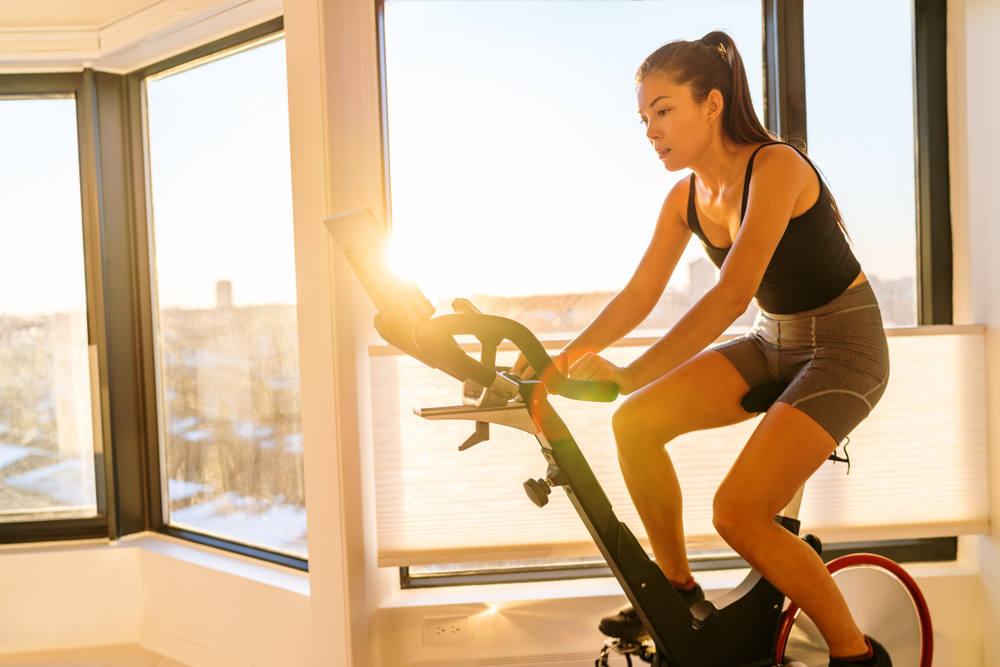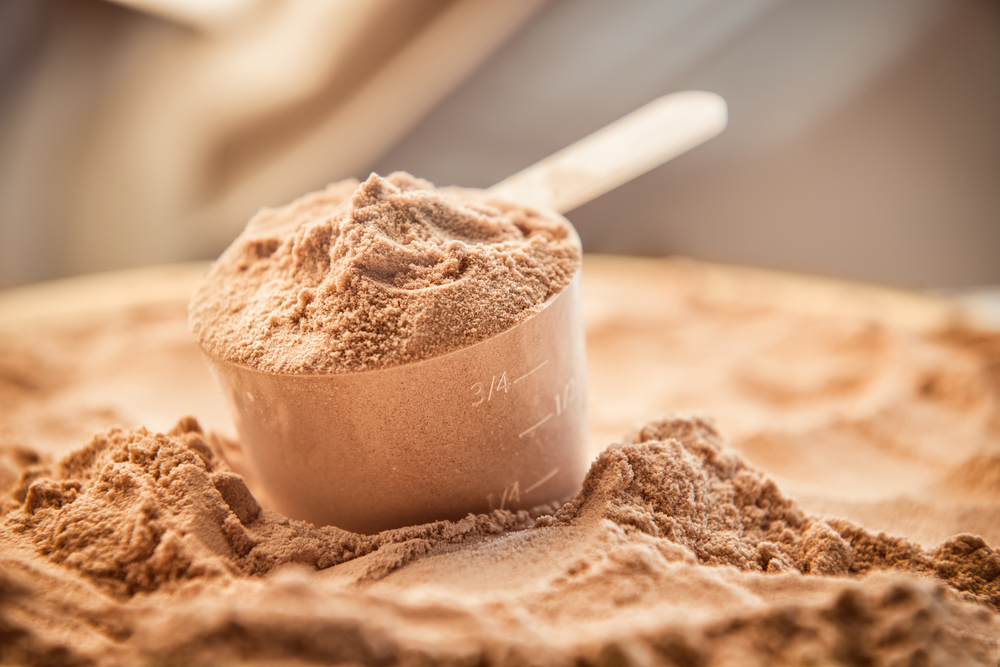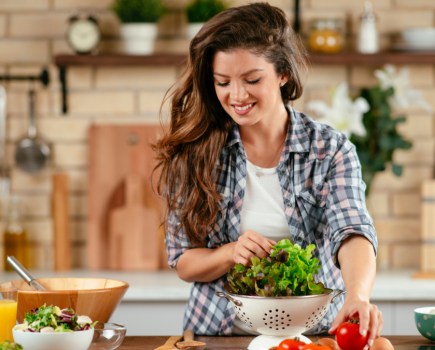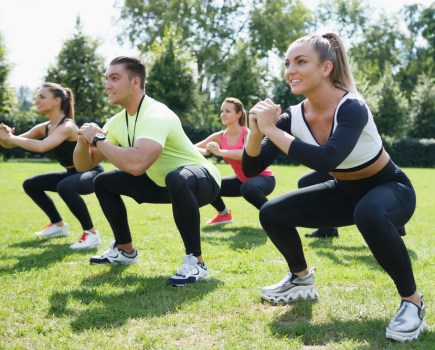
- Practise daily gratitude: ‘Think of three things that you’re grateful for and then set yourself three positive intentions. Write them down to stay accountable.’
- Move with purpose: ‘You don’t need to spend hours working out – just spend six to 25 minutes a day doing something you enjoy, whether that’s strength training, dancing, walking or stretching. Appreciate how your body moves.’
- Be self-accepting: ‘Don’t put pressure on yourself. Recognise the small wins and celebrate them. Remember, you’re powerful, your body is beautiful and numbers don’t define you.’
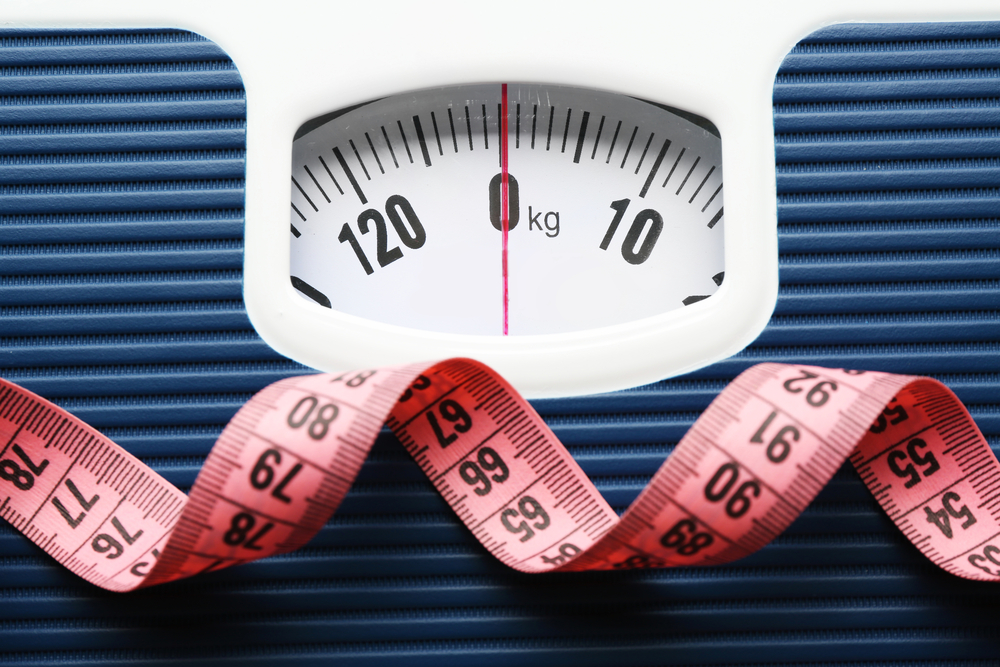
Still have a pair of scales? Now is the time to chuck them away. ‘So many women step on the scales when they’re feeling great from eating well and exercising regularly, only to feel disappointed when they’re not as light as they thought they would be,’ says PT Maeve Madden (maevemadden.co). Instead, Madden suggests you perform some fitness tests once a powerful, your body is beautiful regularly, such as seeing how long you can hold a plank or a wall squat for, or how many press-ups or lunges you can do in 60 seconds. And make it your goal to improve on your results one month from now. ‘Feeling stronger, fitter and more energised is so much more important than hitting a certain number on the scales,’ Madden concludes.
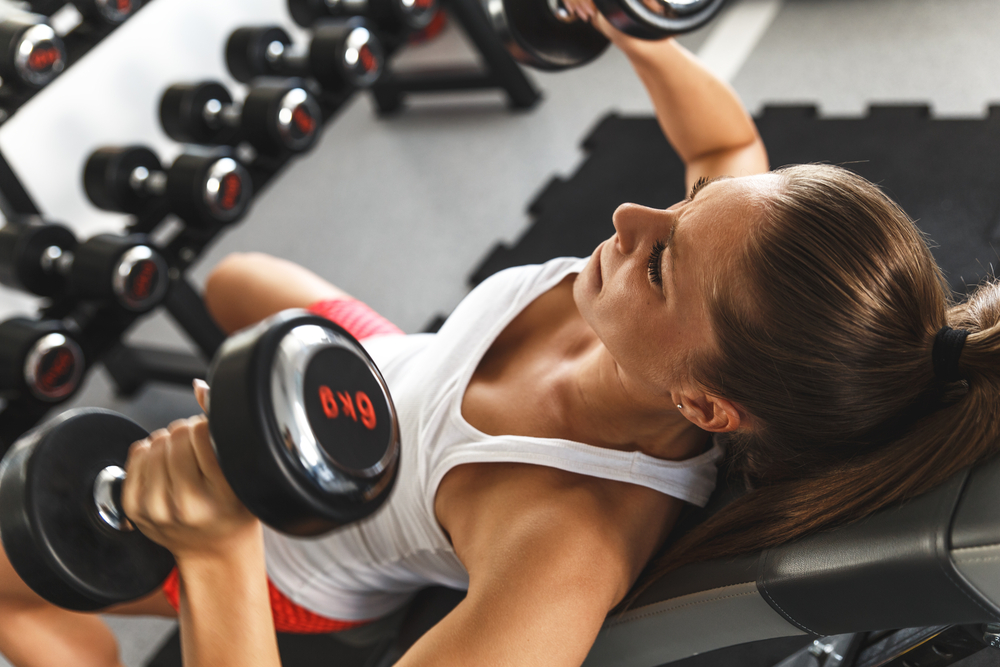
It’s true that people tend to expend more calories while doing cardio like running compared to strength training, but doing anaerobic workouts such as weightlifting keeps your excess post-exercise oxygen consumption (EPOC), or post-workout calorie-burn, going from hours to days. Why? Because your body needs more oxygen afterwards to recover and repair muscles. ‘Doing moves like squats and lunges work the biggest muscles in your body, so you get the biggest calorie burn during and after exercise,’ says weightlifter and elite PT, Jayne Lo (jaynelo.com). ‘And to really up the ante, try upgrading to full-body compound moves like deadlifts or a clean and press.’
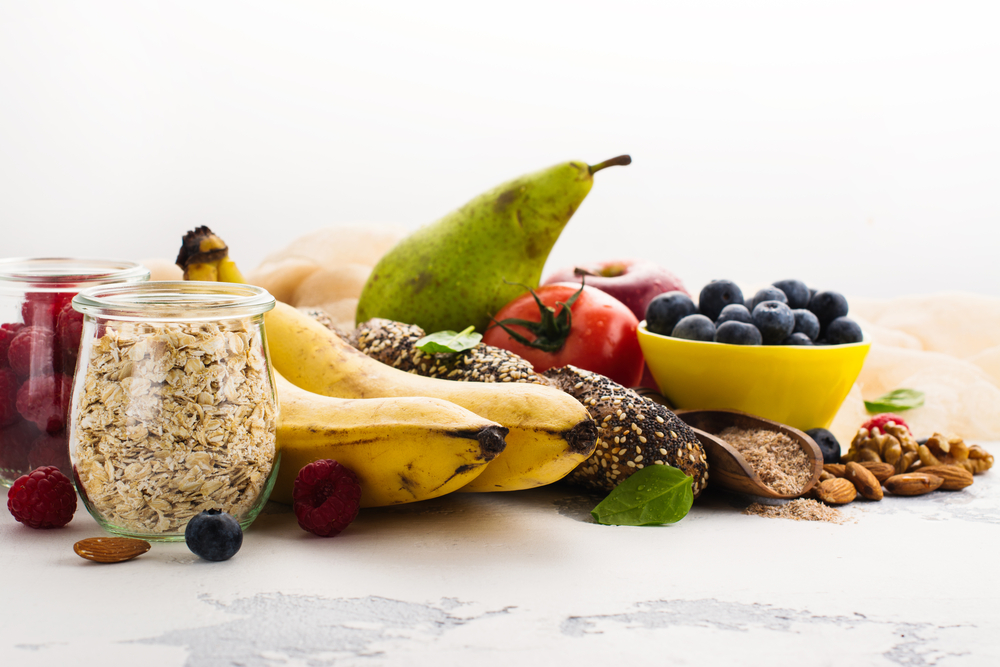
‘If you want to feel more energised for your workouts, you’ll need to eat more fibre-dense foods such as wholegrains, vegetables, fruit, nuts and seeds,’ says Emma Scott, nutritionist, lifestyle coach and founder of Nutrilife UK (nutrilife.uk.com). ‘Dietary fibre feeds gut bacteria, which creates a healthy environment to support gut health, and produces a good diversity of digestive enzymes. This helps facilitate the uptake of nutrients to keep us fit and strong,’ she says. ‘Furthermore, fibre actively slows down the rate of digestion to balance blood sugars and stabilise energy, whilst also helping us slim down naturally through its satiety effects’.
Eating an array of nutrient-dense colourful veg and fruit every day will ensure you have good levels of vitamins and minerals, plus essential antioxidants to combat free-radical damage from exercise-induced oxidative stress. ‘Try watermelon, tomatoes and pink grapefruit, which are low in calories, very hydrating and full of the powerful antioxidant lycopene, to help replenish muscle glycogen stores fast,’ she adds.




